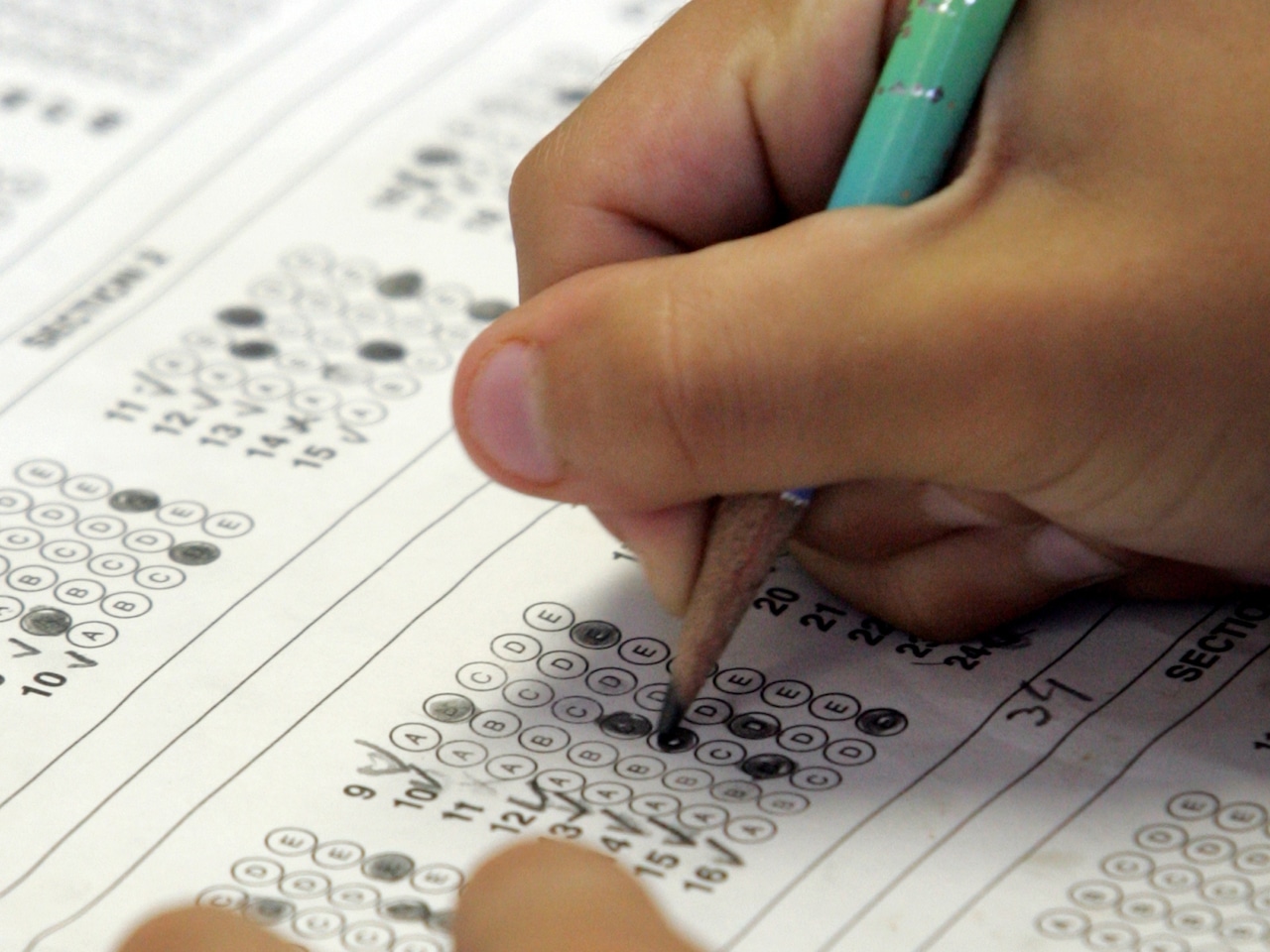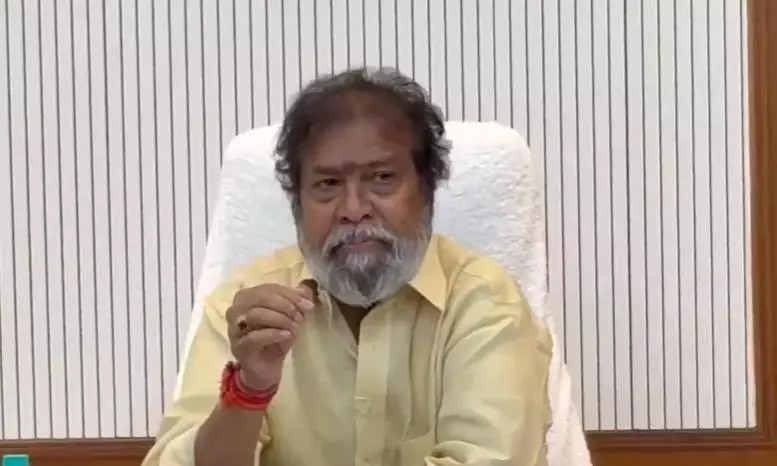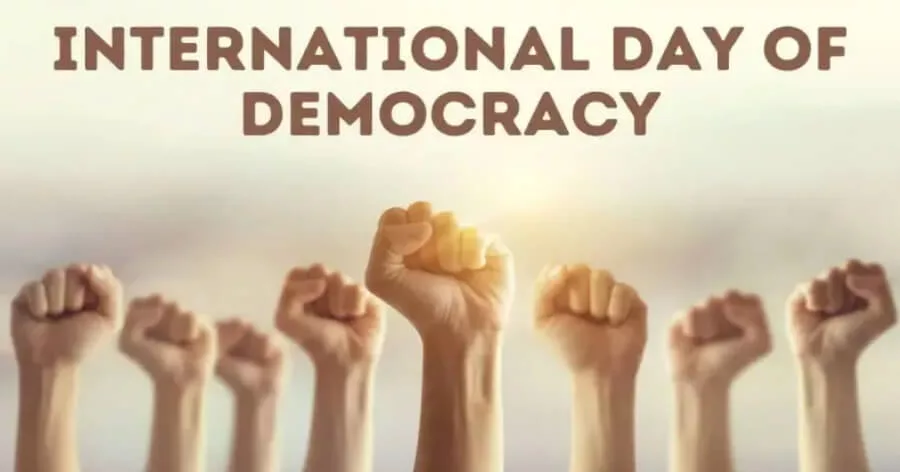Unrealistic expectations a major cause in triggering suicidal tendencies in young generation: experts
By Shrabana Chatterjee
Copyright thehindu

Experts in Kolkata said that unrealistic expectations are a major cause behind triggering suicidal tendencies in the young generation. Over 7.6% of suicides among Indians is among students and unemployed youth according to the 2022 National Crime Records Bureau data. September 10 is World Suicide Prevention Day.
Among the highest suicide rates in India, West Bengal has always been in the top five States for the past few years. The State accounted for 12,669 suicide deaths in 2022 alone.
IIT Kharagpur alone saw multiple deaths by suicide in the past one year. Peers of the deceased have complained that many of the deaths were related to academic stress and unrealistic high standards expected from students and a struggle to keep up with it. By May 2025, IIT Kharagpur alone saw three student suicide deaths in their institute from the start of the year.
“If a student fails to meet these standards, we address that as an individual issue that the student could not cope with the system. But we never question the education system which sets such impossible standards in the first place,” senior psychiatrist Ranjita Biswas told The Hindu. She added that the aspiration towards a successful life has become about inflated salaries, expensive goods, perfect grades, and status, but many do not have the socio-economic resources to achieve this which forces them into depression and other mental health issues.
Dr Biswas added that the failing socio-economic system, bad environmental conditions, and political issues also add to the issue given that many people do not have a supportive ecosystem to fall back on during a crisis.
Last month in August, an autistic PhD scholar at the Indian Institute of Science Education and Research, West Bengal wrote a note on Facebook about his experience with bullying and exclusion from both education and family and ended his life.
“With nuclear families, busy parents, and fewer siblings, many young people are growing up with limited emotional support and fragile attachment patterns. This, coupled with the pressures of modern life and the uncertainties of the post-pandemic world, has made the crisis very real. Young people today are not moving away from seeking help in person, but what we are seeing is an overwhelming influence of digital and social media on their lives. The concern is not their willingness to seek help, but the way social media often directs their coping mechanisms in unhealthy or unsafe directions,” Deboshila Bose, Counselling Psychologist, Fortis Hospital, Anandapur said.
She also said that the young generations’ constant pressure they feel to display their whole life on social media, including suicide notes, is a rising concern among mental health experts.
Even though people have thousands of friends and listeners on social media platforms, the loneliness epidemic among young people is severe, hence seeking help also becomes a rising crisis.
Child in Need Institute (CINI), an NGO which runs a mental health helpline number called Teenline said they get at least 350-400 distress calls from young people every month, among them 10% are for suicide prevention. Swantana Adhikari a senior program manager at CINI, added that failing to match their reality with their high aspirations has been a major cause of distress.
“The influencer culture has been a serious issue. Young minds fail to understand that the lavish lives and things they see their favourite influencers flaunt on social media is not real and are only paid promotions. They aspire to achieve that lifestyle when their resources cannot sustain that lifestyle,” Ms Adhikari added. She also said that self-harm issues due to a sense of failure stemming from the failure to achieve these unrealistic goals has been a rising concern. Relationship problems, academic stress, and family conflict, also add to the crisis.
(People in distress or having suicidal thoughts can seek counselling by calling the suicide prevention helpline number: DISHA – 0471-2552056, 1056)



